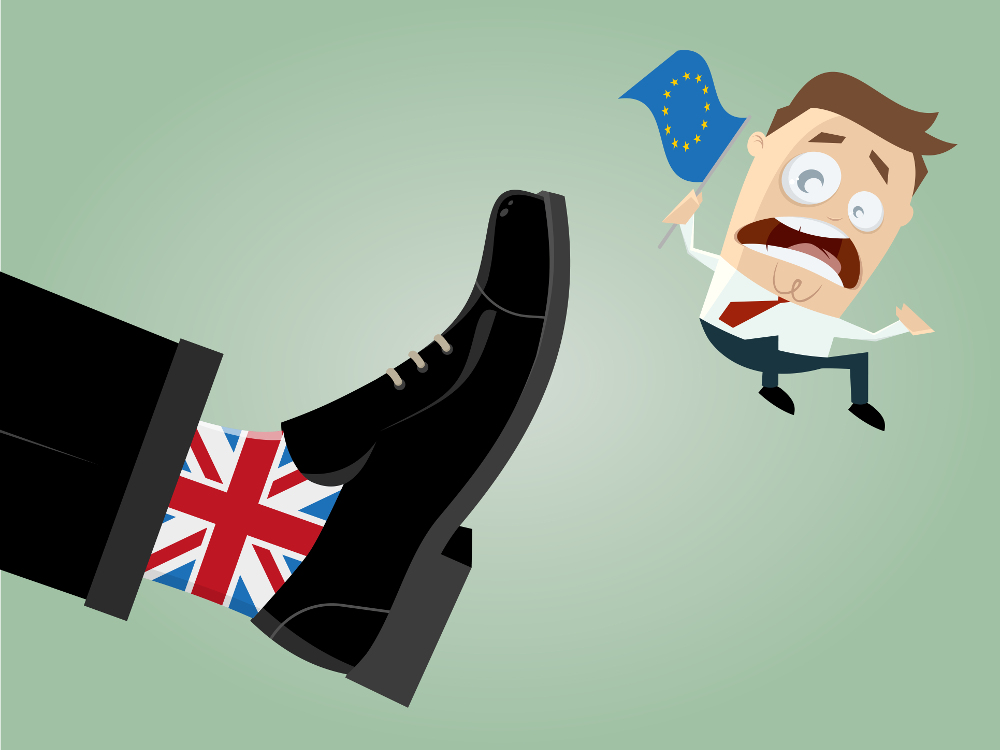Back in January 2020, we left the EU and then a year later, in January 2021, our relationship was officially over. The changes that Brexit had for motorists were ones that were both expected and those that weren’t.
Some of the key changes include tariffs on car sales, fuel prices and driving in Europe. We’ve summarised the key changes below.
Buying a Car
The last-minute trade deal between the UK and the EU in December 2020 means that cars imported and exported between the UK and the EU will not have quota and trade tariffs applied to them. As the car industry provides about 10% of GDP and is a large contributor the UK economy, this deal certified the automotive manufacturers that remained in the country. There was concern new cars would have to be imported and exported under World Trade Organisation (WTO) rules, which would have incurred a 10% import tariff. Along with increased manufacturing fees, this would be an extra expense that carmakers may have passed on to consumers.
Driving in Europe
The UK never joined the passport free zone inside the EU, and as such, existing border checks will remain. Once inside the EU, British drivers should be able to travel freely, and while EHIC cards are being phased out, you can get a General Health Insurance Card (GHIC) to replace your out-of-date EHIC. If the treatment you need is free for local residents, you shouldn’t have to pay.
The RAC also warned that new trade agreements post-Brexit would almost certainly mean tighter Customs controls at either side. While this could boost duty free shopping, it’s likely to stop the amount of alcohol being brought in and out of the country.
Drivers going into Europe will also potentially have a need for green cards and European Breakdown cover.
The Cost of Fuel
When the Brexit vote first happened back in 2016, speculation led to a fall in the value of the pound against the dollar, the currency of the oil market. Even before the referendum vote, the price at the pump had risen by 10p a litre over concerns in the market. Since the vote, the price at the pump wasn’t hugely impacted by Brexit, but rather by geopolitical tensions between America and Middle Eastern countries, fuelled by explosive comments from the then American president, Donald Trump.
Due to the pandemic in March 2020, oil prices dipped thanks to reduced demand, but have risen since. The no-deal Brexit situation has had little impact on the price of fuel, with sterling remained stable throughout and with little variance. As the UK is a supplier of oil and has many distilleries and pipelines, supply has not been affected.


